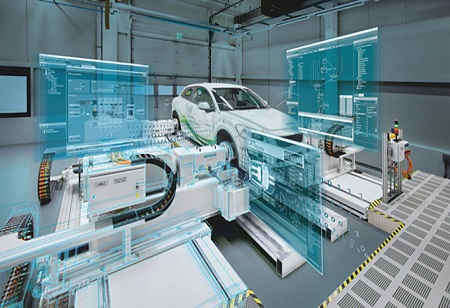The Indian government is considering the discontinuation of the FAME II scheme, which is valued at ₹10,000 crore, after the next fiscal year. “Instead, incentives focused on production linked incentives (PLIs) could be used to support and grow the electric vehicle sector,” said officials familiar with the deliberations.
The
Production-Linked Incentive scheme proposed for the production of electric vehicles was a much-needed step to promote the
manufacturing of electric vehicles in the country. It has proved to be a better approach than FAME subsidy (Faster Adoption and Manufacturing of Electric vehicles) offered by the government. The incentive is encouraging manufacturers to ramp up their production, which is also creating jobs. Let us look at the main reasons why government is prioritizing PLI over FAME II for electric vehicles.
Encouraging greater production efficiency
The production-linked incentive (PLI) scheme is also promoting manufacturers in this regard to improve their production processes and product quality in order to comply with the performance criteria as set by the government. This has resulted in the development of EVs that are more efficient, reliable and that satisfy the demands of consumers, thus making the running costs of the vehicles lower. PlI scheme provides the impetus to the manufacturers to introduce new concepts, technologies, and designs for the purpose of betterment of EV efficiency and reliability. This can lead to the adoption of improved battery technologies, sophisticated motor systems, and new manufacturing approaches. Apart from that, the scheme also supports manufacturers in investing in R & D to innovate new products that are in tune with consumer requirements.
There is also the possibility that the FAME subsidy may not result in higher production efficiency levels. It could even result in not being proactive and not coming up with new ideas. If the manufacturers are overly dependent on subsidies, they could not be pushed to lower costs and increase efficiency as they would do in case of the absence of subsidies. The possibility also exists that subsidies distort markets which gives some companies the upper hand over others and consequently hurts efficiency.
